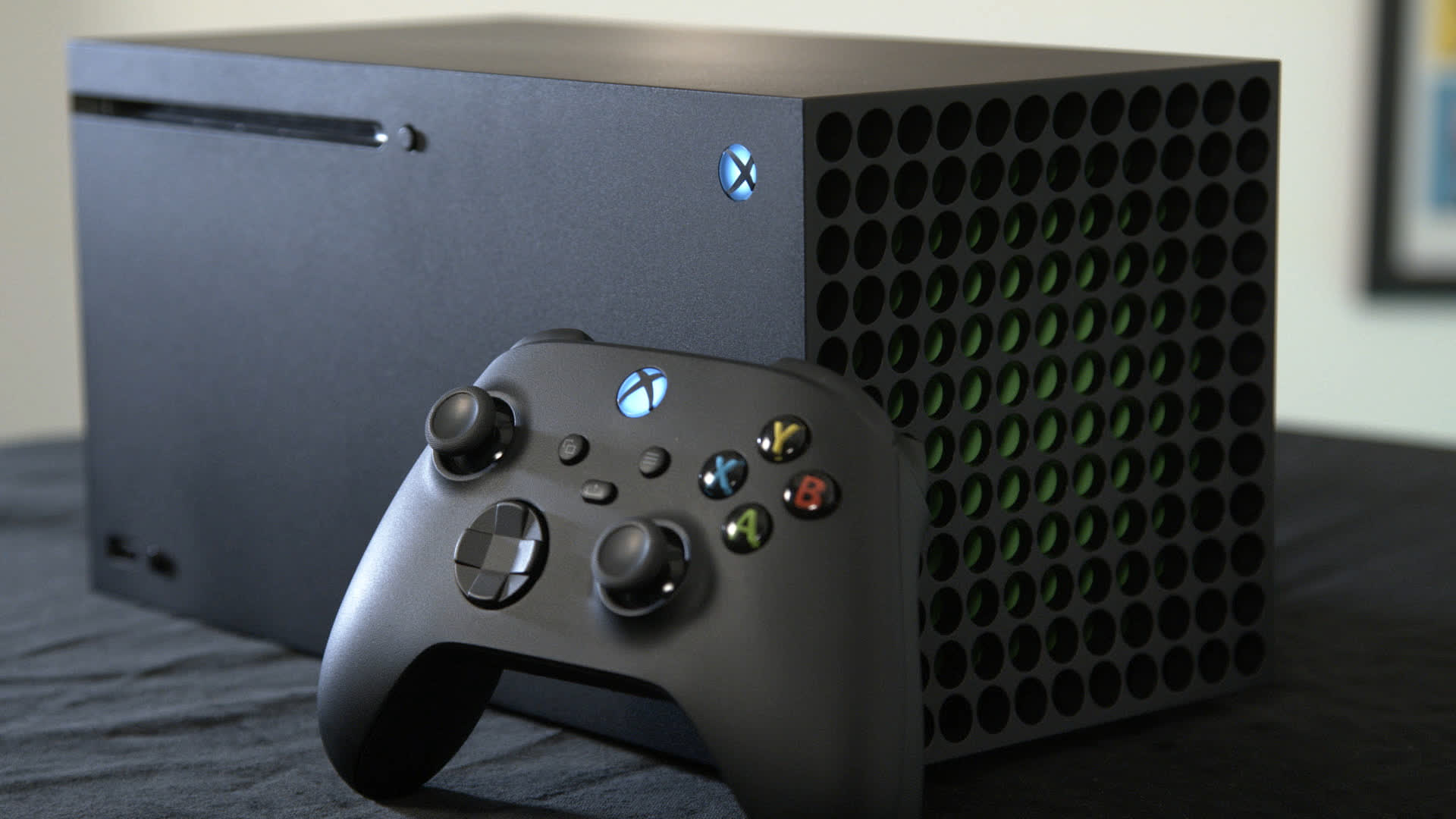Something to look forward to: After years of focusing exclusively on resolution bumps at the cost of performance, the console gaming market is finally turning its attention to the world of high framerate gaming experiences. But Microsoft's Xbox Series S/X won't be achieving that exclusively through beefy hardware -- word has it that the company is developing an alternative to DLSS by leveraging its DirectML API.

Details on Microsoft's progress are scarce for the time being, and this news primarily comes through two recent job postings on the company's "Careers" website. On the site, you'll find ads for a Senior Software Engineer and a Principal Software Engineer for Graphics.
Setting the corporate mumbo-jumbo aside, we can find a few sentences of note. In the first, Microsoft says it's looking for an engineer who will "implement machine learning algorithms in graphics software to delight millions of gamers," while working closely with "partners" to develop software for "future machine learning hardware."

Microsoft hopes that machine learning will enhance the efficiency of traditional rendering algorithms, and ensure its future games "run beautifully" at the "highest resolutions and frame rates." This will likely mean a target of standardized 4K, 60 FPS gameplay across the board, at least for major first-party titles. As we've seen with Cyberpunk 2077, AI upscaling can even pave the way for ray tracing without the same performance loss you'd ordinarily see by turning such features on.
AI-based upscaling methods are not without their faults, of course. To use Cyberpunk 2077 as an example again, even using the "Quality" DLSS preset resulted in heavy blurring of the image. It was a worthy trade-off for many users (simply due to how beautiful the game's RT implementation was), but it was still a trade-off.
We'll be looking forward to seeing what sort of solution Microsoft comes up with over the next couple of years. Will it have the same drawbacks as its competitors, or will it rise above them with near-perfect upscaling tech? Only time will tell.
Masthead credit: TechRadar
https://www.techspot.com/news/90323-microsoft-hiring-engineers-develop-ai-based-upscaling-tech.html